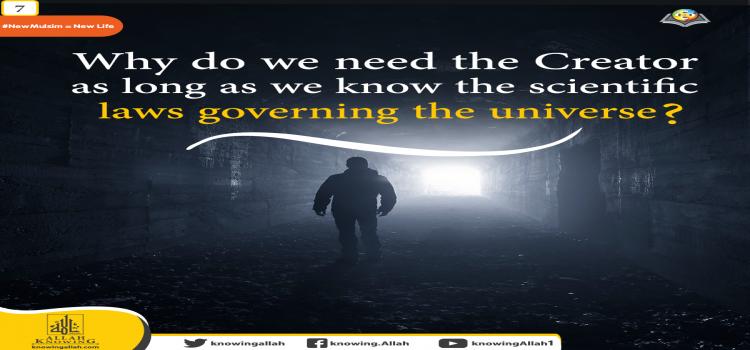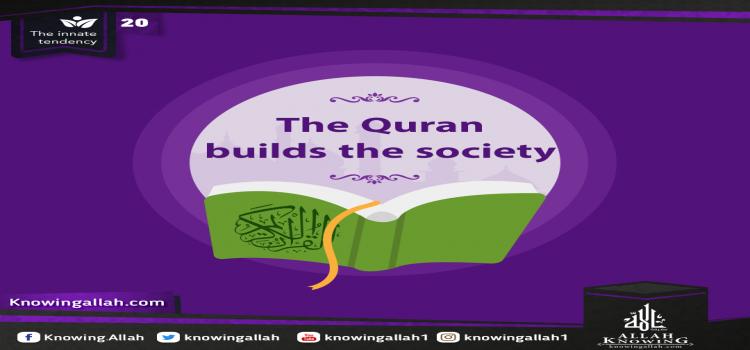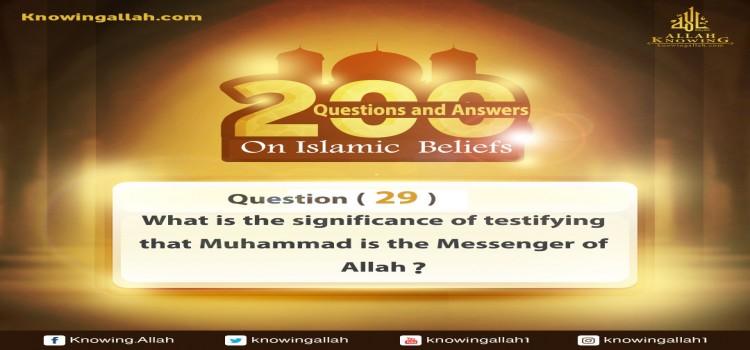Stick to it!
“Allah is sufficient for us, and He is the best Disposer of affairs” is the key to relief and the door to happiness.
{So they returned with favor from Allah and bounty, no harm having touched them. And they pursued the pleasure of Allah, and Allah is the possessor of great bounty.}
[Surat Āl-‘Imrān: 174]
If you fear from illness, loss in your business, poverty, an oppressor, or an enemy, say: Allah is Sufficient for me, and He is the best Disposer of affairs!If a woman feels afraid at the time of childbirth or fears for her child or herself, let her say: Allah is Sufficient for me, and He is the best Disposer of affairs! The Prophet (may Allah’s peace and blessings be upon him) said:“Whoever says in the morning and in the evening, ‘Hasbiyallāhu la ilāha illa huwa ‘alayhi tawakkaltu wa huwa rabb al-‘arsh al-‘azhīm (Allah is Sufficient for me; there is no god but Him; I rely upon Him; and He is the Lord of the Magnificent Throne)’ seven times, Allah will suffice him against whatever concerns him from the affairs of the worldly life and the Hereafter.” [Ibn al-Sunni and Abu Dāwūd as Mawqūf] [Al-Arnā’ūt: authentic chain of narration]
{So they returned with favor from Allah and bounty, no harm having touched them. And they pursued the pleasure of Allah, and Allah is the possessor of great bounty.}
[Surat Āl - ‘Imrān: 174]
If you fear from illness, loss in your business, poverty, an oppressor, or an enemy, say: Allah is Sufficient for me, and He is the best Disposer of affairs!
If a woman feels afraid at the time of childbirth or fears for her child or herself, let her say: Allah is Sufficient for me, and He is the best Disposer of affairs! The Prophet (may Allah’s peace and blessings be upon him) said:
“Whoever says in the morning and in the evening, ‘Hasbiyallāhu la ilāha illa huwa ‘alayhi tawakkaltu wa huwa rabb al-‘arsh al-‘azhīm (Allah is Sufficient for me; there is no god but Him; I rely upon Him; and He is the Lord of the Magnificent Throne)’ seven times, Allah will suffice him against whatever concerns him from the affairs of the worldly life and the Hereafter.” [Ibn al-Sunni and Abu Dāwūd as Mawqūf] [Al-Arnā’ūt: authentic chain of narration]



